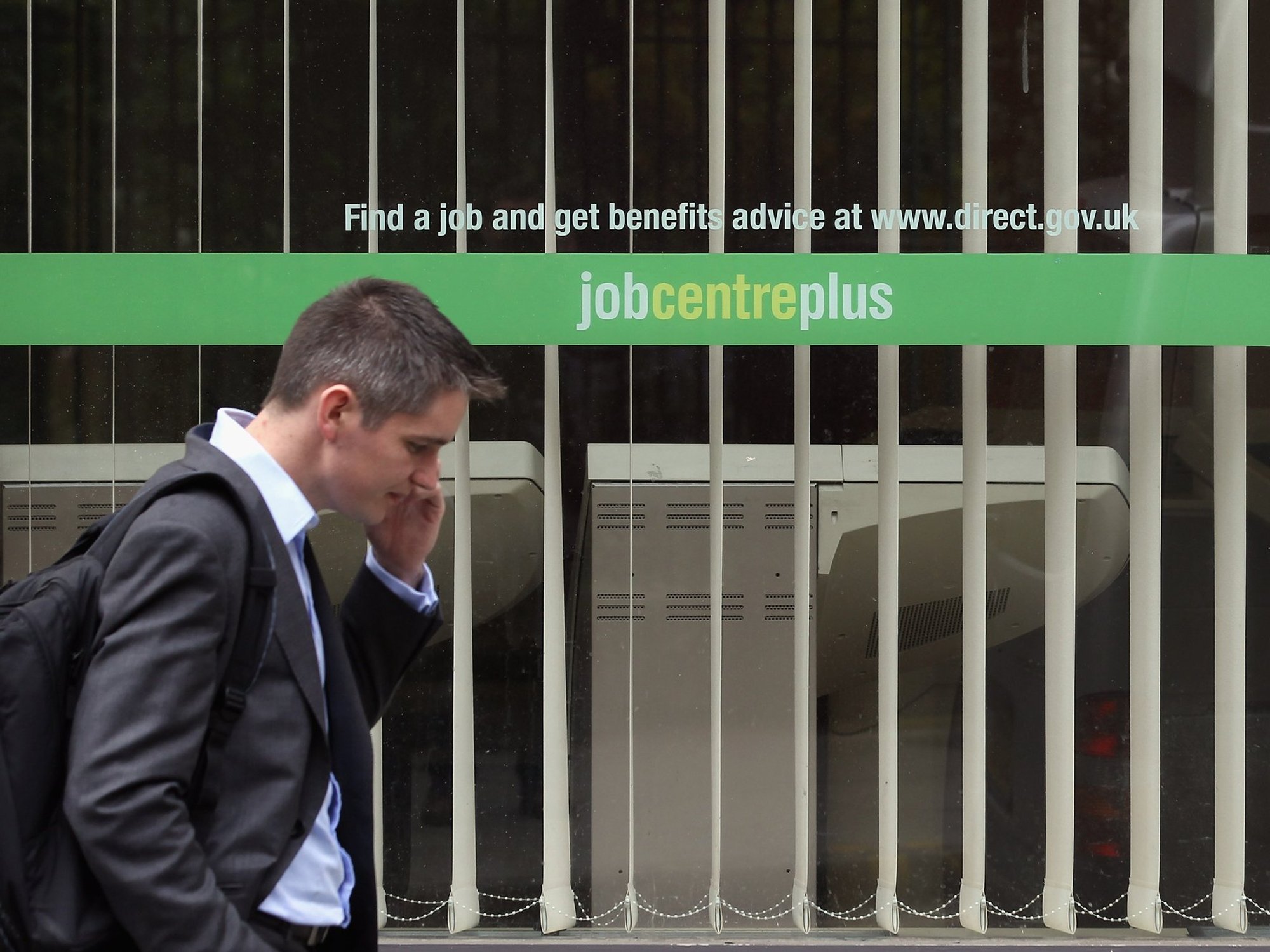State pension overhaul proposal calls for Labour to axe triple lock and make means-testing pledge

GB NEWS

The IFS has suggested reform to the state pension status quo to ensure it remains viable for future generations
Don't Miss
Most Read
A major overhaul of Britain's state pension system has been proposed by the Institute for Fiscal Studies in order to address concerns over the retirement benefit's ballooning expense.
The think tank's latest Pensions Review, alongside abrdn Financial Fairness Trust, has suggested the triple lock should be axed and the Government should commit to not means-test pension payments.
These proposals seek to tackle significant risks to the financial security of upcoming retiree generations while addressing fundamental weaknesses in the current system.
Overall, said reforms encompass a guaranteed state pension framework, enhanced private savings mechanisms, improved assistance for vulnerable groups, and practical solutions for pension management during retirement.
**ARE YOU READING THIS ON OUR APP? DOWNLOAD NOW FOR THE BEST GB NEWS EXPERIENCE**

State pension reform has been proposed
| GETTYUnder the triple lock, pension payment rates go up every year by either the rate of inflation, average wage growth or 2.5 per cent; whichever is the highest.
Notably, the IFS has suggested the state pension should never be means-tested and called for current means-tested support to be improved for those approaching retirement age.
As part of the reforms, ministers would establish a specific benchmark for the new state pension relative to typical wages, with the current value representing 30 per cent of median full-time earnings.
Once this benchmark is achieved, annual increases would match average wage growth rather than continuing with the triple lock mechanism. However, pension values would never fall below inflation levels, with temporary adjustments permitted when price rises outpace earnings.
Do you have a money story you’d like to share? Get in touch by emailing money@gbnews.uk.
Additionally, eligibility age would increase only in response to improvements in life expectancy amongst older people, though at a slower rate, ensuring recipients enjoy longer retirement periods overall.
The targeted approach to private pension savings would see fundamental changes to workplace contributions. Every employee between 16 and 74 would receive mandatory employer contributions worth three per cent of their total salary, regardless of whether they contribute themselves.
Default contribution rates under automatic enrolment would rise, particularly for workers earning average wages or above, while protecting the take-home pay of those experiencing periods of lower earnings.
New systems would enable self-employed individuals to make pension contributions through their tax self-assessment processes. These measures would generate an extra £11billion annually in private pension savings, comprising £5billion from employers and £6billion from employees.
MEMBERSHIP:
- POLL OF THE DAY: After the mega-dinghy crossed the Channel, will France ever stop the boats?
- VOTE NOWThree SHOCK graphs expose who is REALLY crossing the Channel in small boats - and it's NOT women and children
- Having stolen every penny from the living, Rachel Reeves wants to steal from the dead - Kelvin MacKenzie
- You are likely unaware of the term Da’wah. But it is dragging Britain back to the dark ages - James Price
- Reform 48 hours away from locking horns with Labour in two key battlegrounds as Rachel Reeves joins the fight
Workers heading towards modest retirement incomes would benefit most substantially, experiencing average income improvements of 13 to 14 per cent through these changes.
Individuals approaching state pension age would receive enhanced universal credit support under the proposals. This could apply to all those with limited income and assets at an annual cost of £600million, or focus specifically on people with health conditions for £200million yearly.
LATEST DEVELOPMENTS:
 Pensioners have enjoyed a sizable payment boost thanks to the state pension triple lock | GETTTY
Pensioners have enjoyed a sizable payment boost thanks to the state pension triple lock | GETTTY Paul Johnson, former director of IFS and co-Director of the Pensions Review, said: "There is much to celebrate about the current UK pensions system. The current generation of retirees is, on average, doing much better than any previous generation.
"Pensioner poverty is way down on the very high levels in the 1970s and 1980s, and is indeed below that for other demographic groups. The state pension has been simplified and is now much more generous to many women than in the past.
"But there is a risk that policymakers have become complacent when it comes to pensions. Without decisive action, too many of today’s working-age population face lower living standards and greater financial insecurity through their retirement.
"Our recommendations give government a clear and affordable roadmap: shore up the state pension, help workers save more – but only in periods when they are better placed to do so – and help individuals to make the most of their pension pots through retirement."










